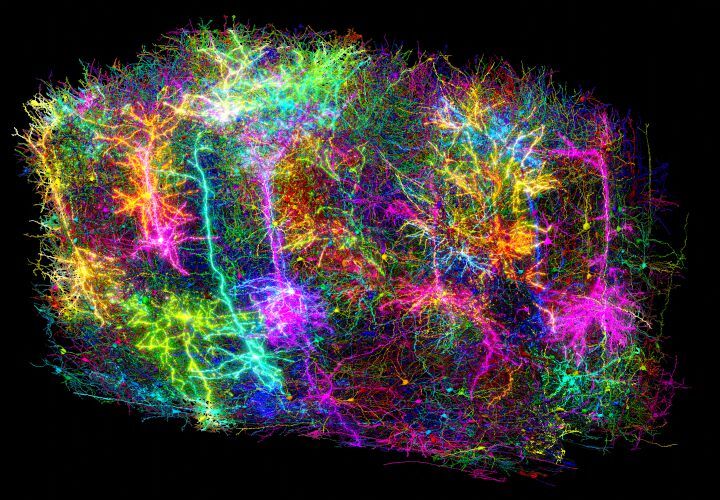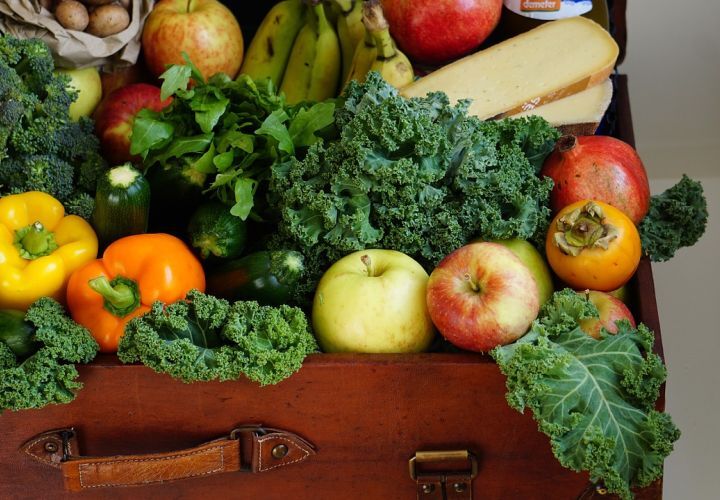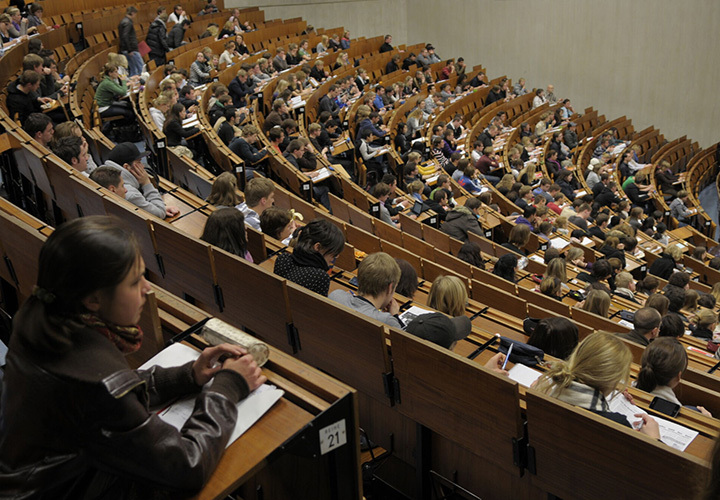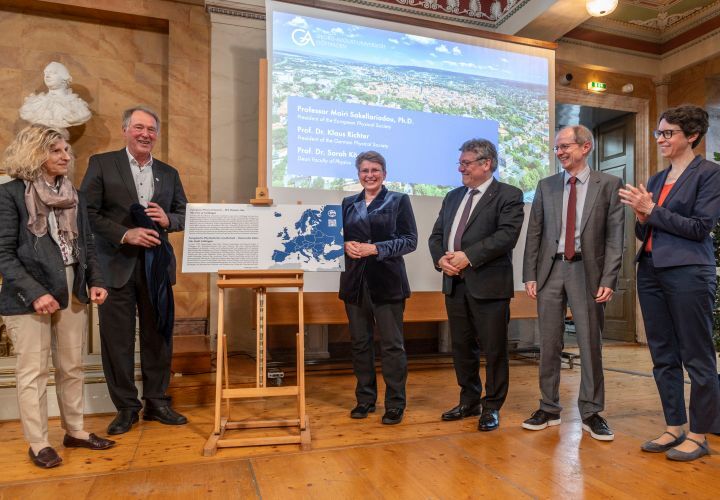The University of Göttingen is an internationally renowned research university. Founded in 1737 in the Age of Enlightenment, the University is committed to the values of social responsibility of science, democracy, tolerance and justice. It offers a comprehensive range of subjects across 13 faculties: in the natural sciences, humanities, social sciences and medicine. With about 28,000 students and more than 210 degree programmes, the University is one of the largest in Germany.
New press releases

AI looks deeper into visual system
How can artificial intelligence enhance our understanding of the visual system in the brain? An international research team (MICrONS) has developed new AI models to decode the complex processing of visual stimuli in the brain. The researchers investigated how the shape, connectivity and activity of nerve cells in the mouse brain are related. The results were published in a series of articles in Nature and Nature Communications.
more…
Global poverty and the cost of a healthy diet
Two billion people globally suffer from moderate to severe food insecurity and widespread micronutrient deficiencies. This contrasts with 654 million people who are classified as extremely poor according to the World Bank’s US$2.15 per day International Poverty Line. Current poverty measures overlook a crucial aspect of human well-being: adequate nutrition. In fact, in 2022 between 2.3 and 2.9 billion people globally lived in poverty.
more…
Göttingen University subjects get good grades!
Good results for the University of Göttingen: in the latest "QS World University Rankings by Subject", Agricultural and Forestry sciences are first in Germany, and 21st worldwide. Development Studies is listed among the top 100 worldwide, and was placed among the top four in Germany. Biology is ranked sixth in Germany, and Theology, Religion & Religious Studies is among the top 13 in Germany. Ancient Studies and Prehistory is among the top twelve in Germany and ranks 51-150 worldwide.
more…
5,700 years history of Caribbean storms
The number of tropical storms and hurricanes in the southwestern Caribbean has increased continuously over the past 5,700 years – and many times over in the past few decades. This is shown by reconstruction based on annually layered sediments, deposited in the Great Blue Hole, an underwater cave off the coast of Belize. An international research team created the most comprehensive list of storm events in the area to date.
more…
Historic Site for Physics
The European Physical Society (EPS) has named the City of Göttingen an “EPS Historic Site” in recognition of its leading role in the development of quantum mechanics. Quantum mechanics and so quantum physics were found in Göttingen in 1925. The new theory rapidly developed and, even to this day, continues to fundamentally shape our understanding of nature. The official monument showing the award will stand in front of the Forum Wissen – the knowledge museum of the University of Göttingen.
more…
Magma in motion: when is an eruption triggered?
How long before the actual volcanic eruption are there warning signals deep down inside the Earth? Researchers investigated by analysing volcanic deposits from an eruption that occurred near Naples 40,000 years ago. They found that fresh magma rising from depths caused the volcano to erupt within around 60 years. However, according to the researchers, this “warning time” – meaning the time until rising magma triggers an eruption – depends largely on the magma temperature.
more…























